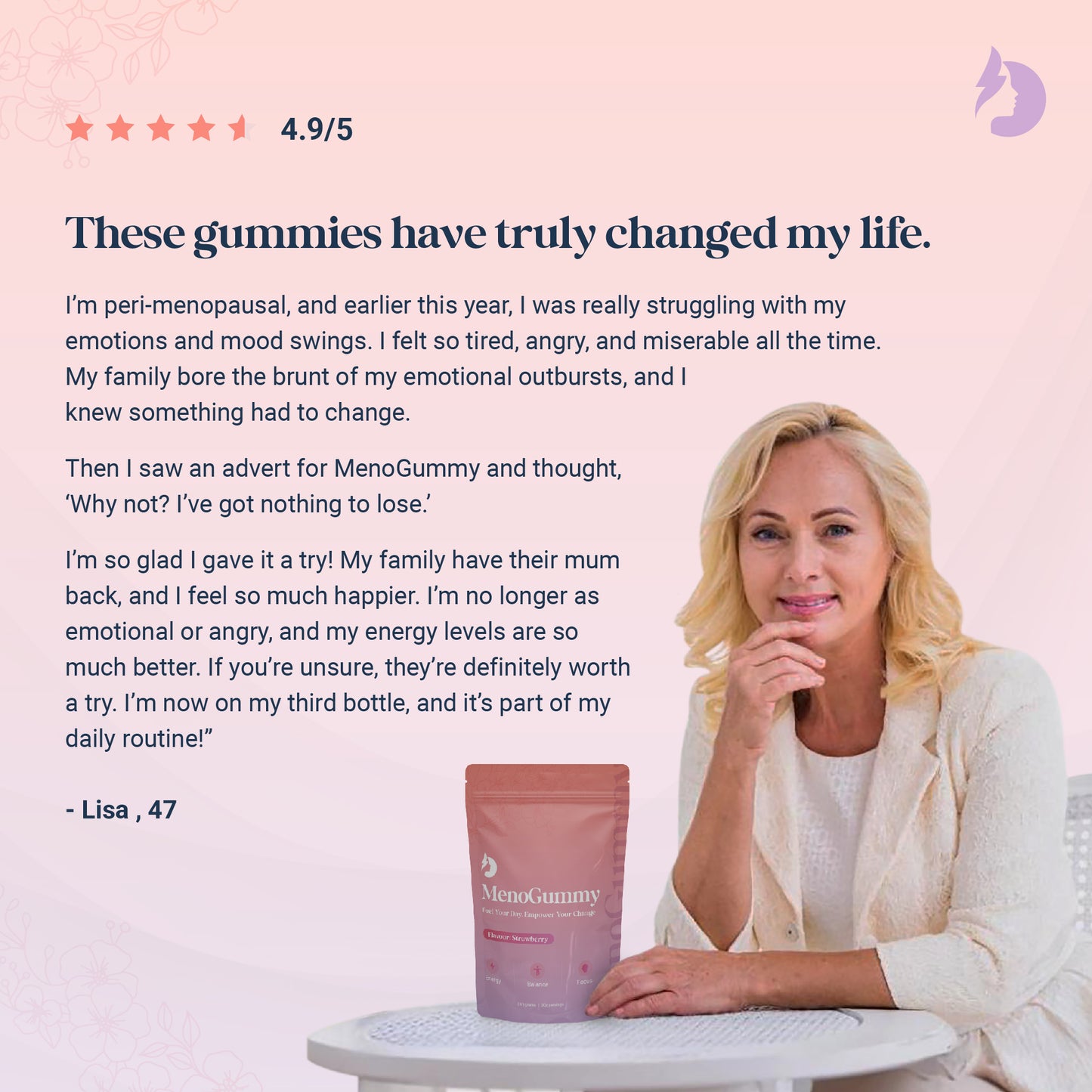
The Impact of Menopause on Sex Drive: Causes & Solutions
Share
Understanding Menopause and Its Effect on Libido
What Happens to Hormones During Menopause?
Menopause is a natural biological process that marks the end of a woman's reproductive years. During this phase, the ovaries gradually reduce the production of key hormones like estrogen, progesterone, and testosterone, which play crucial roles in maintaining sexual health. These hormonal fluctuations can lead to various physical and emotional changes, including a decrease in libido.
How Estrogen and Testosterone Affect Sexual Desire
Estrogen is responsible for maintaining vaginal lubrication, elasticity, and blood flow, all of which contribute to sexual arousal. As estrogen levels decline, many women experience vaginal dryness and discomfort during intercourse. Similarly, testosterone, often associated with male sexual health, is also essential for female libido. Lower testosterone levels can result in reduced sexual desire and energy.
Common Sexual Changes During Menopause
Decreased Libido and Arousal
One of the most common complaints among menopausal women is a loss of sexual desire. The combination of hormonal changes, stress, and aging can make it difficult to feel aroused or maintain interest in sexual activity.
Vaginal Dryness and Discomfort
The decline in estrogen can cause vaginal atrophy, leading to dryness, irritation, and pain during intercourse. This can significantly impact sexual satisfaction and create anxiety around intimacy.
Emotional and Psychological Factors
Menopause is also associated with mood swings, anxiety, and depression. These emotional changes can negatively affect self-confidence and body image, further reducing sexual desire. Additionally, relationship dynamics and external stressors can contribute to intimacy issues during this phase.
How to Improve Sex Drive During Menopause
Hormone Replacement Therapy (HRT) and Libido
Hormone Replacement Therapy (HRT) can help replenish estrogen and testosterone levels, alleviating symptoms like vaginal dryness, low libido, and mood swings. However, HRT is not suitable for everyone, so it's essential to consult a healthcare professional before starting treatment.
Natural Remedies and Lifestyle Changes
Several natural approaches can help improve libido during menopause:
- Regular Exercise – Boosts circulation, enhances mood, and increases energy levels.
- Healthy Diet – Incorporating phytoestrogen-rich foods like soy, flaxseeds, and chickpeas can help balance hormone levels.
- Stress Management – Activities like yoga, meditation, and deep breathing can reduce anxiety and enhance sexual well-being.
Open Communication with Your Partner
Maintaining an open and honest dialogue with your partner about your needs and concerns can strengthen intimacy. Exploring new forms of physical connection, such as sensual massage and non-sexual touch, can help rekindle intimacy.
Expert Tips for Enhancing Intimacy After Menopause
The Role of Diet & Exercise in Sexual Health
A well-balanced diet and regular physical activity can help manage weight, boost energy, and enhance overall sexual function. Key nutrients to include:
- Omega-3 fatty acids (found in salmon and walnuts) for hormone regulation.
- Antioxidants (from berries and green tea) to reduce inflammation and improve circulation.
- Vitamin D & Magnesium for mood stabilization and increased libido.
Using Lubricants and Vaginal Moisturizers
Over-the-counter water-based lubricants and hormone-free vaginal moisturizers can relieve vaginal dryness and discomfort, making sexual activity more enjoyable.
Seeking Professional Help: Therapists & Doctors
If low libido or intimacy issues persist, consider consulting a gynecologist or sex therapist. Medical professionals can recommend treatments tailored to your specific needs, including prescription medications, counseling, or alternative therapies.
Menopuase & Sex drive FAQ
Does menopause always lower sex drive?
Menopause can impact libido, but not always. Some women experience a decrease, while others notice no change or even an increase due to lifestyle factors.
What is the best treatment for low libido during menopause?
Options include hormone therapy, lifestyle changes, lubricants, and open communication with a partner to maintain intimacy.
Can diet affect sex drive after menopause?
Yes! Foods rich in phytoestrogens, omega-3s, and antioxidants can help support hormonal balance and improve libido.
Are there natural ways to boost libido post-menopause?
Absolutely! Regular exercise, stress management, hydration, and natural supplements like maca root, ginseng, and vitamin D can help enhance sexual health.












